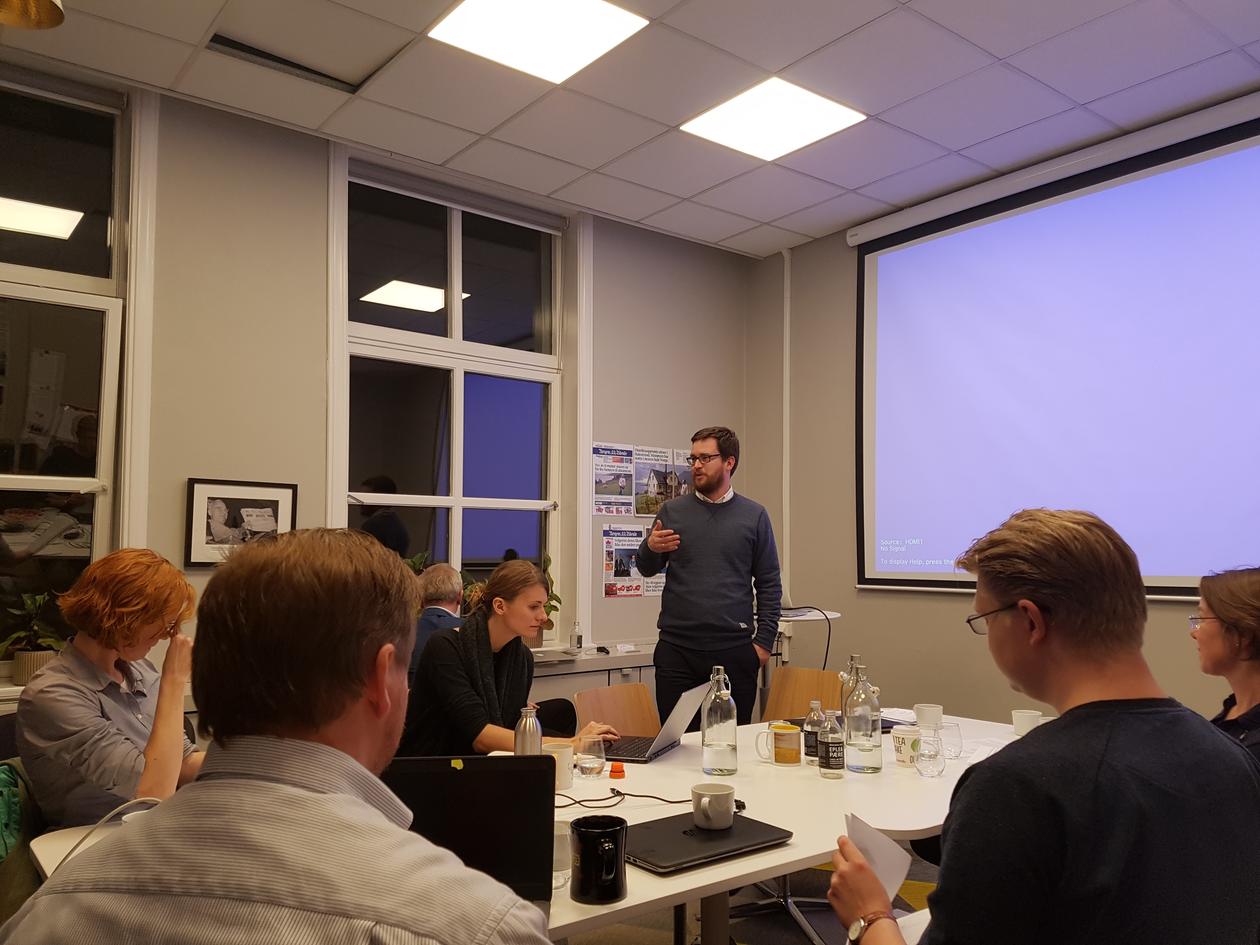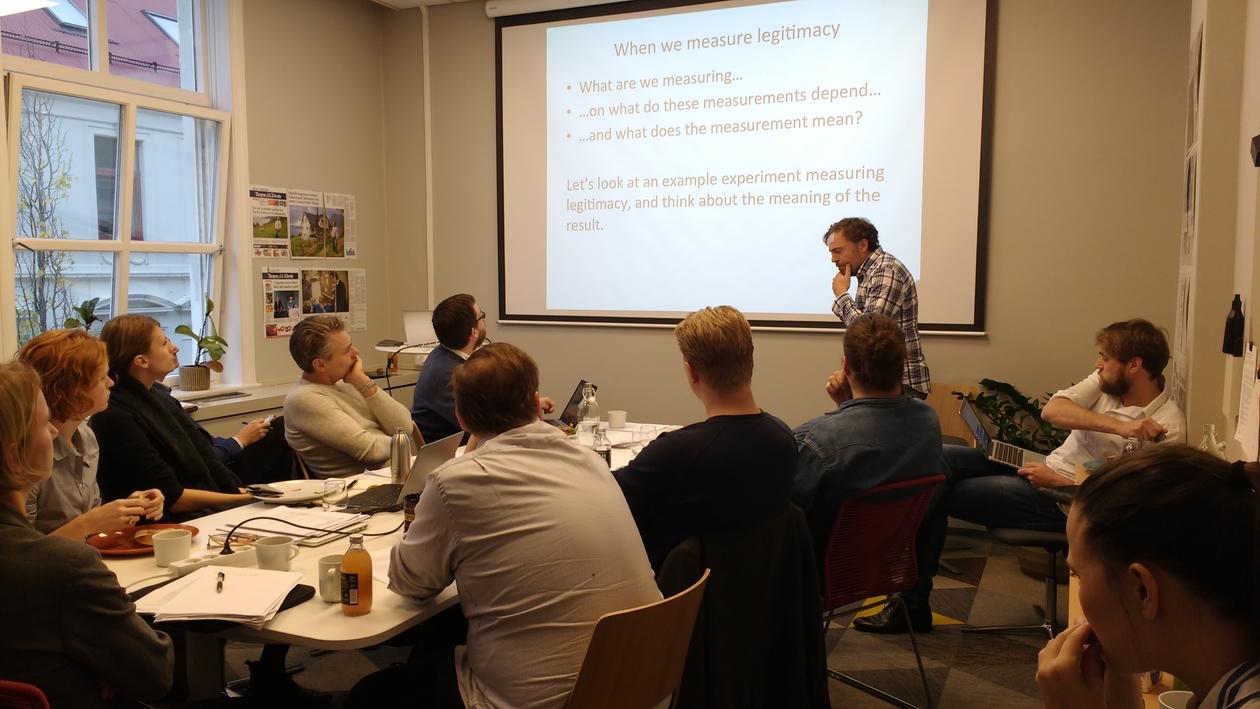Can Fair Decision-Making Procedures Increase the Legitimacy of Democracies?
Senior researcher Sveinung Arnesen’s (NORCE) research project PROLEG (Can Fair Decision-Making Procedures Increase the Legitimacy of Democracies) addresses how democratic institutions and decision-making bodies should organize decision-making procedures and implementation procedures in order to make them more legitimate in the eyes of the public. The PROLEG project is funded by a FRIPRO - Young Research Talents grant, which Arnesen received December 2016.
Main content
Governmental institutions build legitimacy and support by delivering what the citizens prefer, but not everyone can have their way all the time. To what degree can fair decision-making procedures increase acceptance also for unfavorable outcomes?
The core research questions to be addressed in the PROLEG project are:
1. Does citizen involvement increase the legitimacy of decisions?
2. Are citizens’ perceptions of decision-making procedures contingent upon decision outcome?
3. To what degree does representation of social identities in decision-making bodies enhance the legitimacy of their decisions, and which social identities are relevant in which contexts?
4. How does transparency of decision-making procedures influence decision-legitimacy?
5. To what degree is perceived impartiality of governmental institutions associated with support for political regimes?
6. How is institutional trust related to decision-acceptance, exclusion mechanisms, and club formations?
The project will investigate this issue and generate new knowledge that can be used to improve governance in the future.
To accomplish this, the researchers involved will conduct both experimental and observational studies on the mechanisms of accepting decision-making procedures and implementation of outcomes within the infrastructure of DIGSSCORE at the University of Bergen. The research designs contain a range of methods such as hierarchical comparative surveys, survey experiments, lab experiments and quantitative text analysis.
The majority of the data will be primary experimental and survey data generated from the Digital social science core facilities (DIGSSCORE) at the University of Bergen, which is comprised of both the online survey panel – the Norwegian Citizen Panel – and an experimental lab – the Citizen Lab. In addition, the researches will utilize secondary data from a number of established social science cross-national data sources.
November 2017 Arnesen organized the project’s start up workshop at the DIGSSCORE facilities with presentations and discussions of papers and future research ideas.
Presenters included UiB researchers Yvette Peters, Stefan Dahlberg, Sigve Tjøtta and Elisabeth Ivarsflaten, and guests from other institutions including Eric Dickson (New York University), Hannah Werner (University of Leuven), Dominik Duell (University of Essex), Cathrine Holst (University of Oslo) and Peter Esaiasson (University of Gothenburg).
The project officially started in March 2017 and the ended in 2021.


